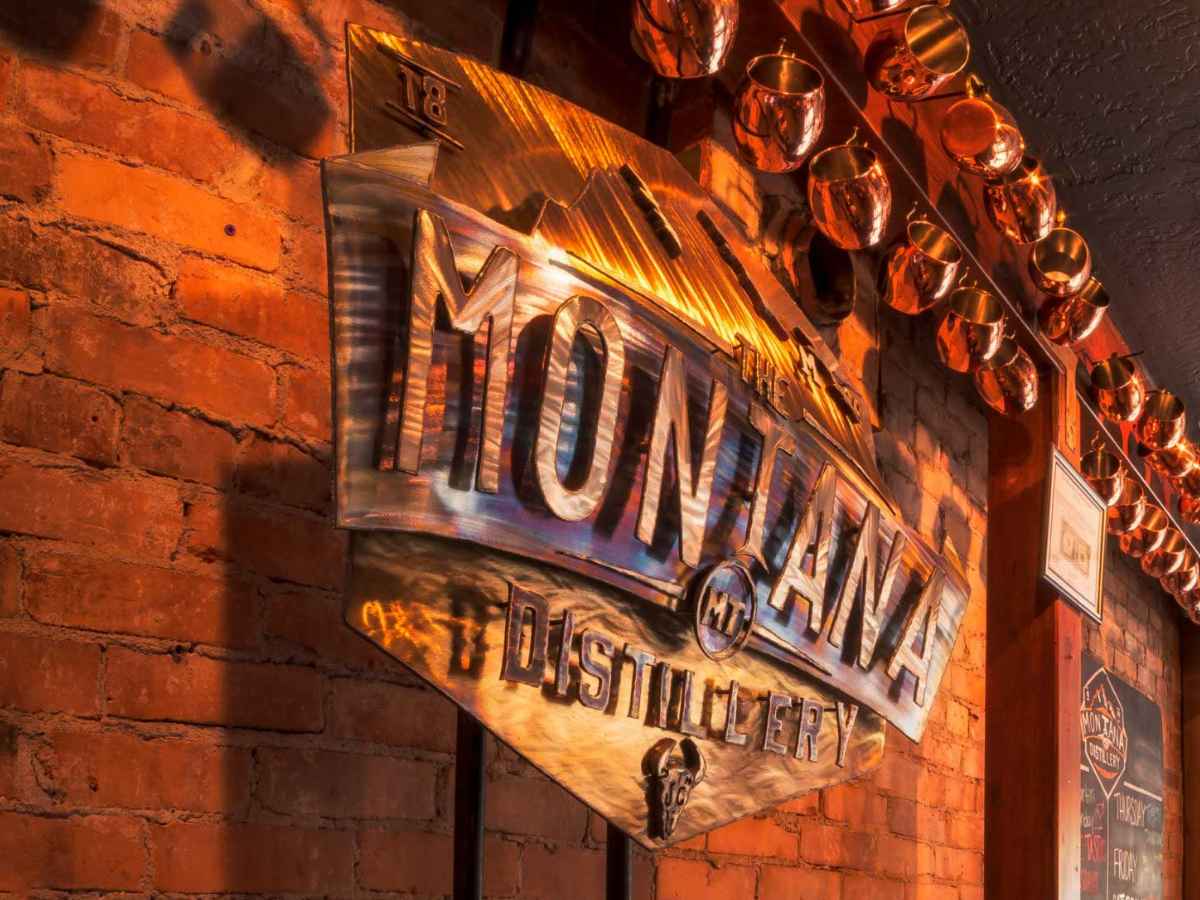The whiskey, gin, and rum distillery has opted for bankruptcy protection to reorganize its operations.
The spirits distilling industry has encountered various economic challenges since the Covid-19 pandemic receded. Demand for alcohol plummeted in 2023 and 2024, while operating costs and inflation continued to rise. Consequently, even major producers found it hard to stay financially afloat.
In this particular case, the distillery decided to file for Chapter 11 after struggling with mounting financial woes. Its leaders cite falling consumer interest and escalating production costs as major hurdles. They believe that reorganizing under bankruptcy will allow the business to streamline expenses and return to profitability.
Distillery faces rising costs, decreased demand, and data breaches among other setbacks
Industry observers point to a pattern of difficulties for spirits manufacturers. For instance, Stoli USA defaulted on a $78 million loan and ended up filing for Chapter 11 on November 27, 2024. Along with inflation and weakened demand, a severe data breach last August pushed Stoli over the edge. Have you ever imagined that a cyberattack could contribute to a distillery’s downfall? Sadly, it can.
Other companies have also faced challenges. Lee Spirits Co., a Colorado-based producer of premium gin and vodka, shut down operations in March 2024. The ongoing effects of the pandemic proved too damaging, and the company could not recover.
Industry-wide economic pressures trigger multiple bankruptcies among whiskey, gin, and rum producers
Montana Distillery, specializing in vodka, gin, and whiskey, similarly filed for Chapter 11 after relocating its facilities and incurring significant property taxes. Meanwhile, some wonder: “Could any of these distilleries be fined for halting production too soon?” The answer is no, as long as they comply with legal and financial obligations.
Below is a quick look at key recent distillery bankruptcies:
| Distillery | Filing Date | Location | Primary Cause |
|---|---|---|---|
| Stoli USA | Nov. 27, 2024 | Nationwide operations | Loan default, data breach |
| Lee Spirits Co. | Mar. 8, 2024 | Colorado | Pandemic impact, financial strain |
| Montana Distillery | Apr. 29, 2024 | Montana | High costs, relocation challenges |
| Boston Harbor Distillery | Mar. 31, 2024 | Massachusetts | Inflation, declining demand |
As you can see, each case involves a combination of pandemic aftershocks, inflated production expenses, and decreased consumer interest.
Boston Harbor Distillery restructuring aims to overcome historic pandemic impacts and inflation challenges
One notable example is Boston Harbor Distillery, which filed for Chapter 11 on March 31 in the U.S. Bankruptcy Court for the District of Massachusetts. The Dorchester-based debtor listed assets between $500,000 and $1 million, while its debts range from $1 million to $10 million. Its largest creditor, Cheers Investment LLC, is owed over $1 million. Despite the setbacks, the distillery boasts a storied history and an array of products, including Putnam New England Whiskey and Lawley’s Small Batch Gin.
These bankruptcy filings underscore the profound impact that pandemic-related disruptions, inflation, and consumer shifts can have on the spirits industry. Distilleries are pinning their hopes on Chapter 11 protection to cut costs, renegotiate debts, and refine their business strategies. Ultimately, if demand recovers, these storied producers stand a chance of regaining their footing.

